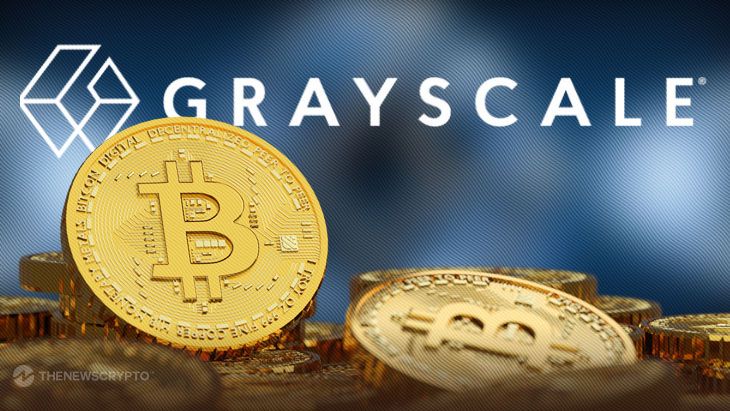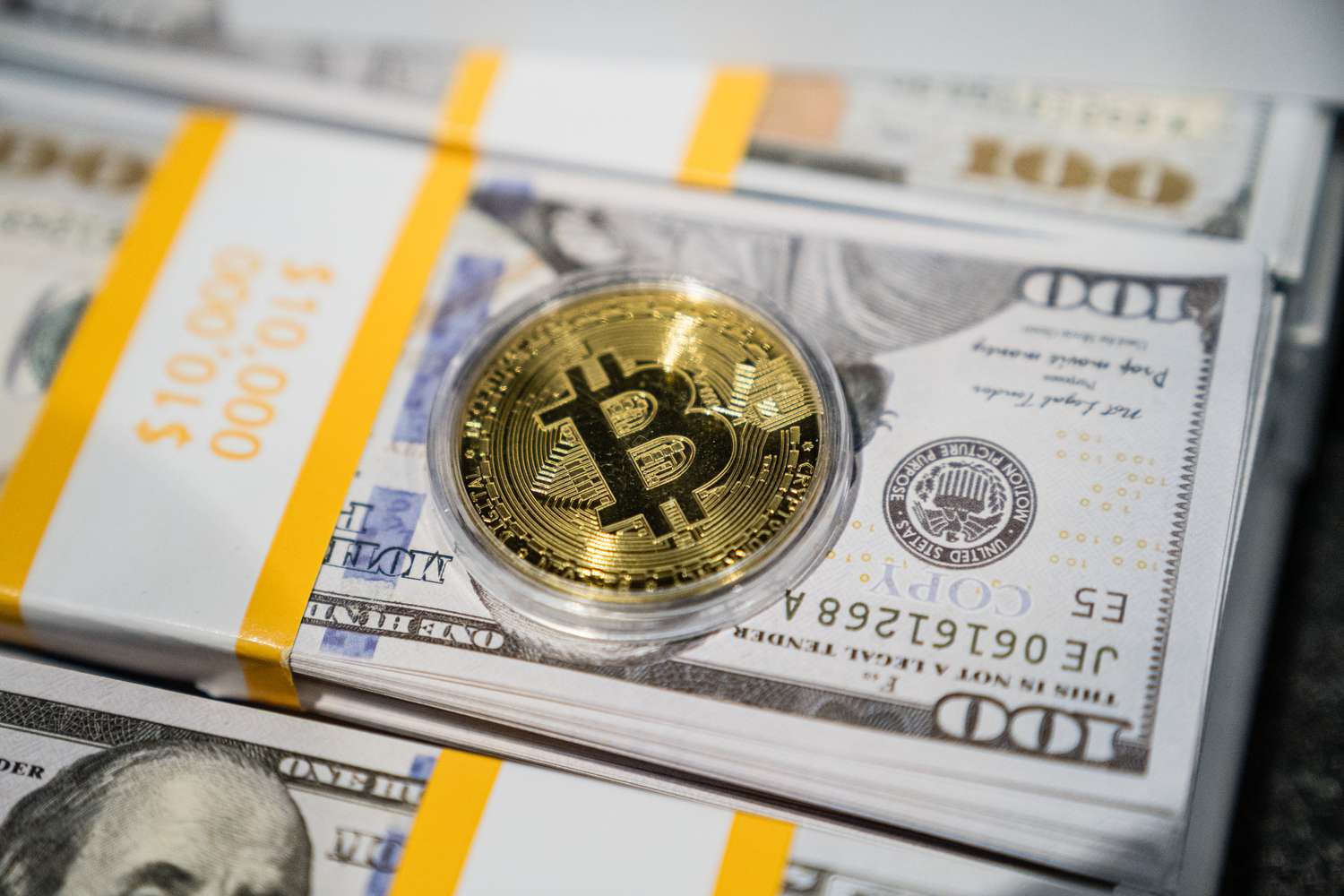Gold consistently reduces portfolio volatility while improving returns, even with increased allocation. By simulating portfolio performance with varying allocations of gold (2.5% to 10%), it's evident that the metal bolsters returns without adding significant risk.

As the global economy continues to face turbulent times, investors are once again debating the role of Bitcoin as an inflation hedge and a store of value. Some cryptocurrency enthusiasts have labeled Bitcoin as “digital gold,” due to its limited supply and decentralized nature. However, a closer examination of the data, particularly during recent market selloffs, challenges this claim.
Gold, a time-tested asset known for its stability, has served as a safe haven during market downturns for centuries. Its unique characteristics, such as low volatility and a negative correlation with broader markets, make it an ideal asset for a diversified portfolio. In contrast, Bitcoin has displayed characteristics more akin to high-risk technology stocks, rendering it an unsuitable substitute for gold during times of market stress.
The primary distinction between gold and Bitcoin lies in their volatility. On a five-year rolling basis, gold has proven to be significantly less volatile than Bitcoin, a trend that further highlights its role as a safe haven asset. Gold's stable value is supported by central bank holdings, long-term investment demand, and its status as a global store of wealth.
Bitcoin, on the other hand, is at the extreme end of the volatility spectrum, with its price fluctuations closely tied to blockchain adoption and innovation trends, mirroring the volatility of tech stocks. This was evident during the recent market correction in early August 2024, where Bitcoin experienced sharp losses, while gold remained relatively stable, reinforcing its value as a risk mitigator during crises.
The comparison of year-to-date returns also reveals a stark contrast. While gold's stable performance has provided investors with consistent gains, Bitcoin's wild swings have made it less reliable for investors seeking protection in a turbulent market.
Furthermore, gold and Bitcoin exhibit striking differences in their correlation with broader markets. Gold has historically displayed a negative correlation during down markets and a positive correlation during up markets, a characteristic that complements a diversified portfolio. In contrast, Bitcoin behaves more like risk assets, amplifying market stress rather than mitigating it. This was evident during the Russian invasion of Ukraine in 2022, where gold outperformed while Bitcoin faltered, aligning with other high-risk equities.
Gold's global acceptance as a store of value, unrestricted by geographic or regulatory boundaries, provides further stability. It is universally recognized by central banks, investors, and the general public, making it a reliable asset during times of economic turmoil. Bitcoin, while growing in prominence, has not demonstrated the same universal acceptance or reliability, particularly during significant market downturns.
The critical takeaway from the events of early August 2024 is that Bitcoin has yet to display the safe haven characteristics attributed to gold. During times of substantial market drawdowns, Bitcoin has tracked risk assets like tech stocks, offering no meaningful protection for investors seeking stability. This reinforces the notion that Bitcoin's most common use case is as an indicator of blockchain adoption rather than a dependable hedge against inflation or market turbulence.
The above is the detailed content of Bitcoin vs Gold: Which Is the Better Safe Haven Asset?. For more information, please follow other related articles on the PHP Chinese website!
 Senator Bill Hagerty Welcomes Former US President Donald Trump to Nashville for Bitcoin 2024 ConferenceJul 27, 2024 am 07:22 AM
Senator Bill Hagerty Welcomes Former US President Donald Trump to Nashville for Bitcoin 2024 ConferenceJul 27, 2024 am 07:22 AMOne of the most important points of focus in the US Presidential race has been the policy of both parties regarding Bitcoin and cryptocurrencies.
 Jim Rickards: Treasury Should Buy Gold to Avoid Dollar Substitution by New Forms of Money Like CryptoOct 08, 2024 am 09:44 AM
Jim Rickards: Treasury Should Buy Gold to Avoid Dollar Substitution by New Forms of Money Like CryptoOct 08, 2024 am 09:44 AMThe longevity and staying power of the U.S. dollar is starting to worry economists in a high-debt, high issuance scenario.
 Fujifilm Instax Mini Evo hybrid instant camera launches as 90th Anniversary Limited EditionAug 15, 2024 pm 12:02 PM
Fujifilm Instax Mini Evo hybrid instant camera launches as 90th Anniversary Limited EditionAug 15, 2024 pm 12:02 PMFujifilm was founded in Tokyo on January 20, 1934, which is why the company is currently celebrating its 90th anniversary. As part of celebrations, Fujifilm is presenting a limited 90th Anniversary Edition of the Instax Mini Evo, which is available i
 Ferrari Expands Cryptocurrency Payment Option to European Merchants by End of July 2024Jul 25, 2024 pm 02:28 PM
Ferrari Expands Cryptocurrency Payment Option to European Merchants by End of July 2024Jul 25, 2024 pm 02:28 PMFollowing CNF's earlier update that Ferrari is accepting Bitcoin, Ripple (XRP), and other cryptocurrencies as payment for its cars, it is now reported that Ferrari will expand its cryptocurrency payment option to European dealers by the end o
 Kamala Harris Won't Be Speaking at Bitcoin 2024 Conference, David Bailey Indirectly Shows Support for Donald TrumpJul 25, 2024 pm 02:31 PM
Kamala Harris Won't Be Speaking at Bitcoin 2024 Conference, David Bailey Indirectly Shows Support for Donald TrumpJul 25, 2024 pm 02:31 PMWith the American President Joe Biden deciding not to run for re-election, Vice President Kamala Harris is now a top contender for the presidential race. Recently, she spoke about Bitcoin and cryptocurrencies, making her stance clear.
 Gold Prices Surge 3% Nearing All-Time High as Bitcoin (BTC) Struggles to Maintain MomentumAug 06, 2024 am 03:29 AM
Gold Prices Surge 3% Nearing All-Time High as Bitcoin (BTC) Struggles to Maintain MomentumAug 06, 2024 am 03:29 AMGold prices increased by over 3% this week, nearing their all-time high, as investors seek safe-haven assets amid geopolitical unrest
 Grayscale Bitcoin Mini Trust ETF Approved by SEC, Set to Launch Next WeekJul 27, 2024 pm 12:52 PM
Grayscale Bitcoin Mini Trust ETF Approved by SEC, Set to Launch Next WeekJul 27, 2024 pm 12:52 PMThe fund, which is scheduled to begin trading next Wednesday, is designed to offer investors a more affordable alternative to Grayscale's existing Bitcoin Trust (GBTC).
 Bitcoin (BTC) Price Regains $67K as the Bitcoin 2024 Conference Continues in NashvilleJul 27, 2024 am 06:07 AM
Bitcoin (BTC) Price Regains $67K as the Bitcoin 2024 Conference Continues in NashvilleJul 27, 2024 am 06:07 AMBitcoin (BTC) traded near $65,000 yesterday and was recently back above $67,000 as the Bitcoin 2024 conference continues in Nashville.

Hot AI Tools

Undresser.AI Undress
AI-powered app for creating realistic nude photos

AI Clothes Remover
Online AI tool for removing clothes from photos.

Undress AI Tool
Undress images for free

Clothoff.io
AI clothes remover

AI Hentai Generator
Generate AI Hentai for free.

Hot Article

Hot Tools

mPDF
mPDF is a PHP library that can generate PDF files from UTF-8 encoded HTML. The original author, Ian Back, wrote mPDF to output PDF files "on the fly" from his website and handle different languages. It is slower than original scripts like HTML2FPDF and produces larger files when using Unicode fonts, but supports CSS styles etc. and has a lot of enhancements. Supports almost all languages, including RTL (Arabic and Hebrew) and CJK (Chinese, Japanese and Korean). Supports nested block-level elements (such as P, DIV),

Notepad++7.3.1
Easy-to-use and free code editor

MinGW - Minimalist GNU for Windows
This project is in the process of being migrated to osdn.net/projects/mingw, you can continue to follow us there. MinGW: A native Windows port of the GNU Compiler Collection (GCC), freely distributable import libraries and header files for building native Windows applications; includes extensions to the MSVC runtime to support C99 functionality. All MinGW software can run on 64-bit Windows platforms.

Atom editor mac version download
The most popular open source editor

SublimeText3 Linux new version
SublimeText3 Linux latest version






